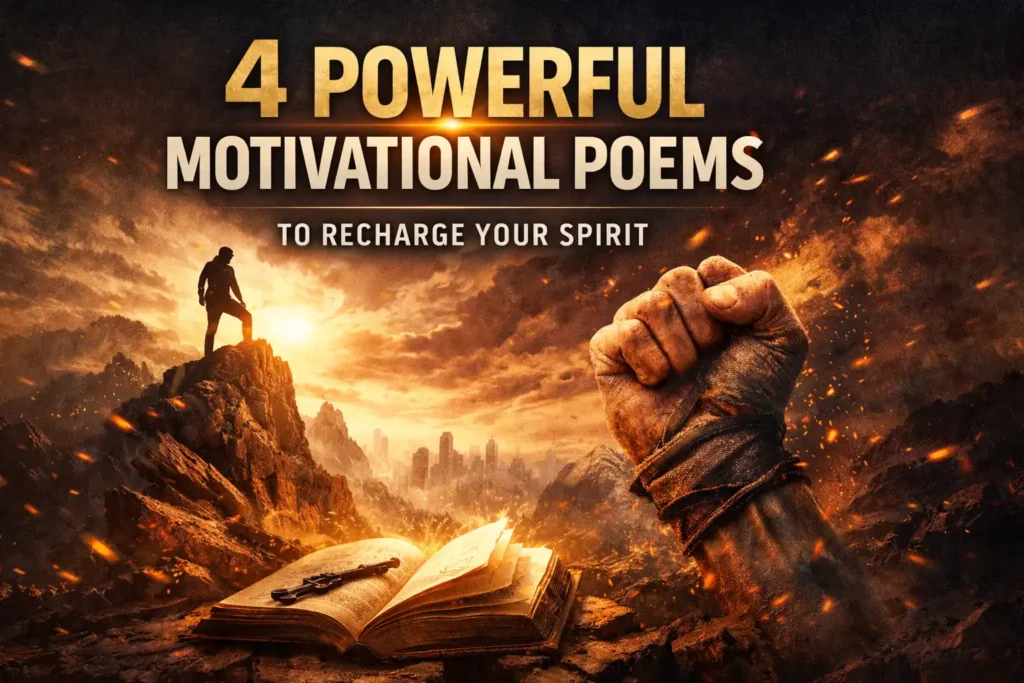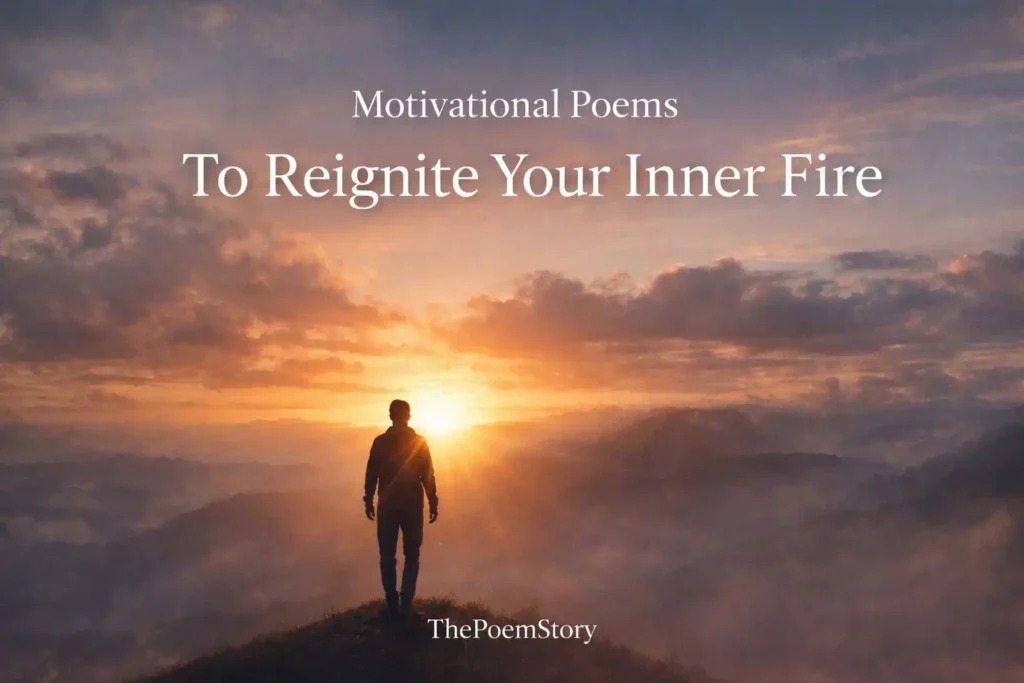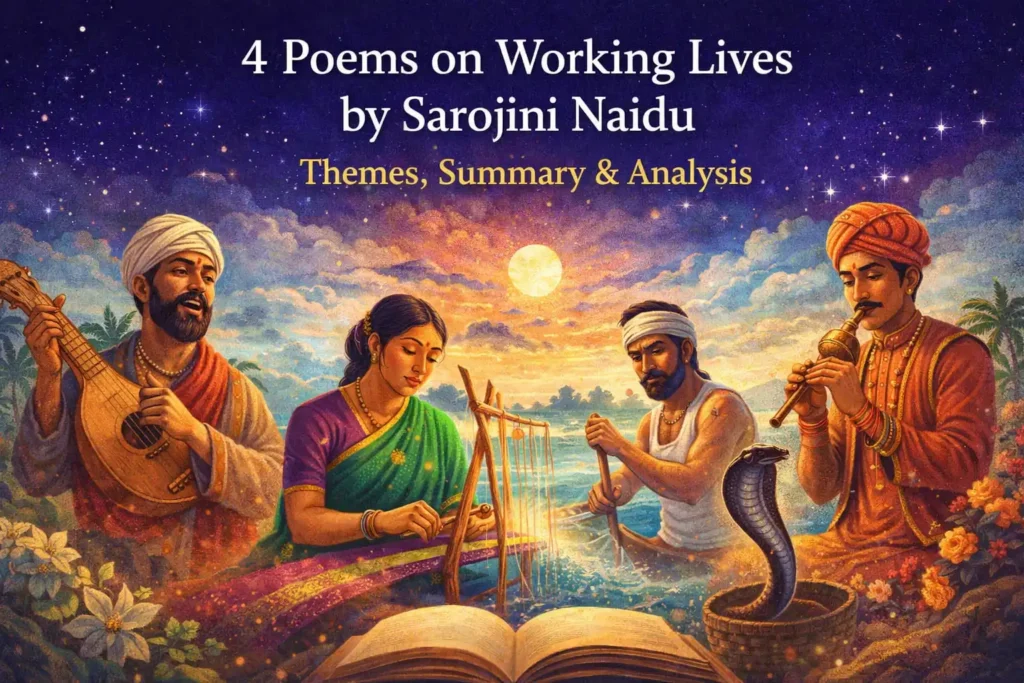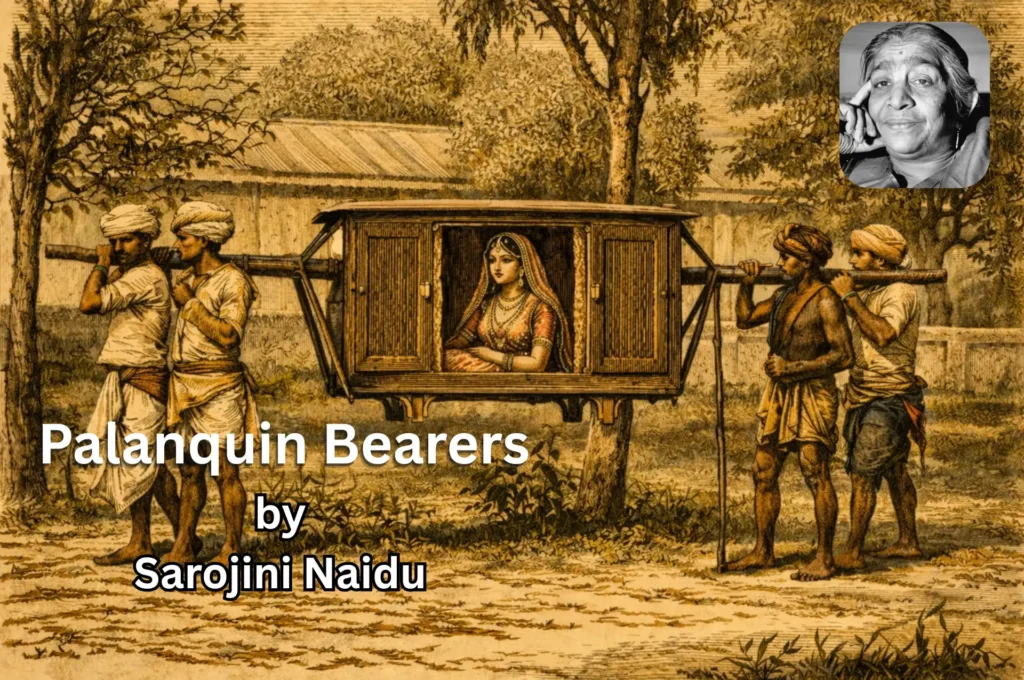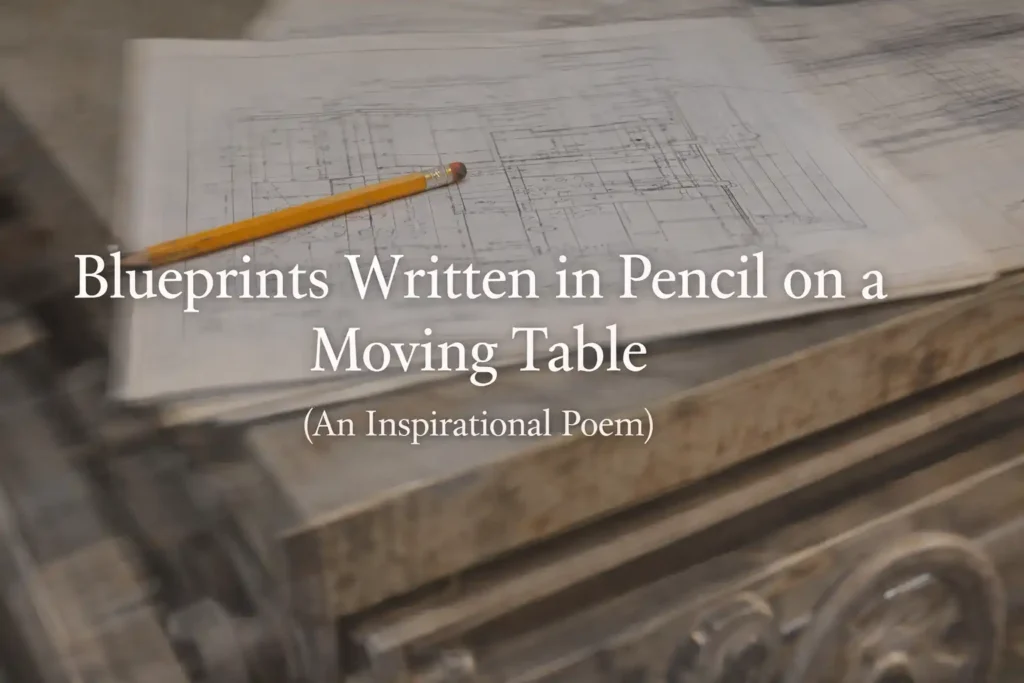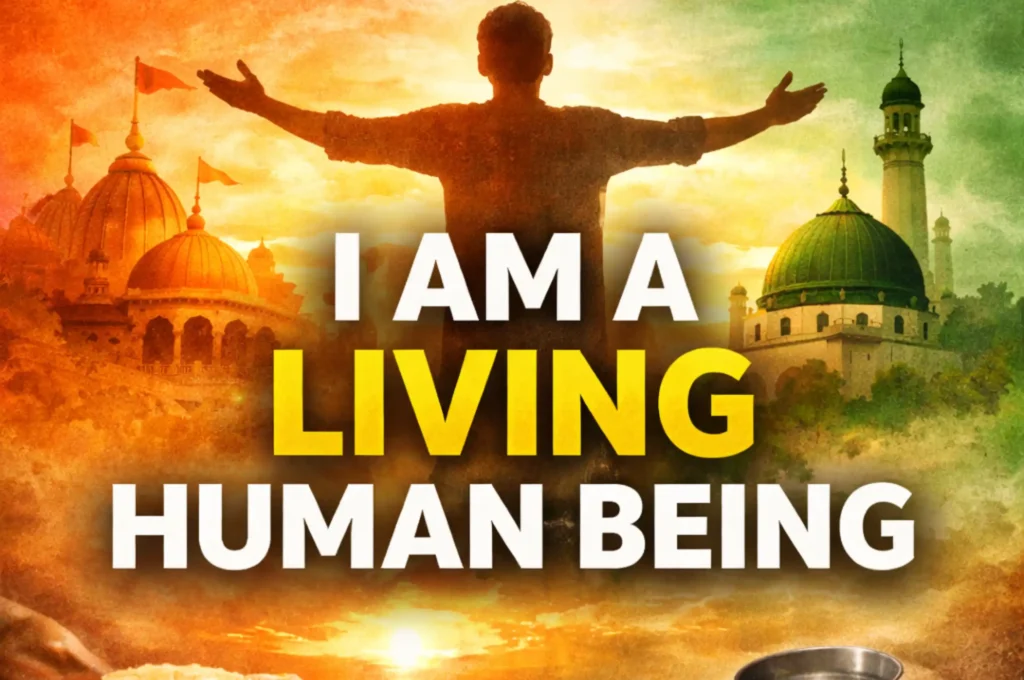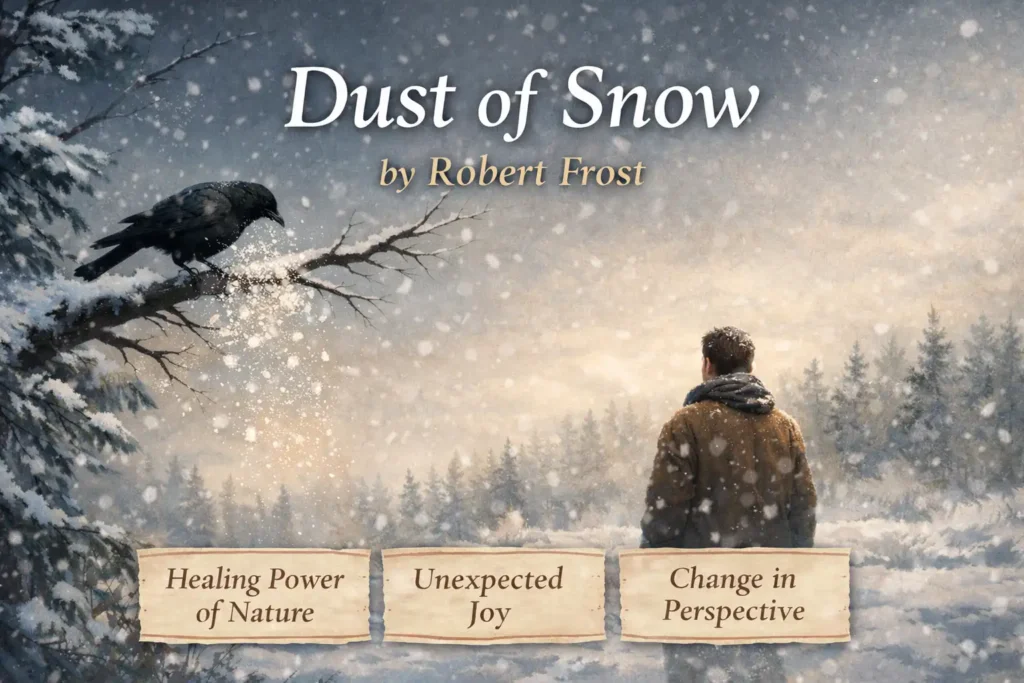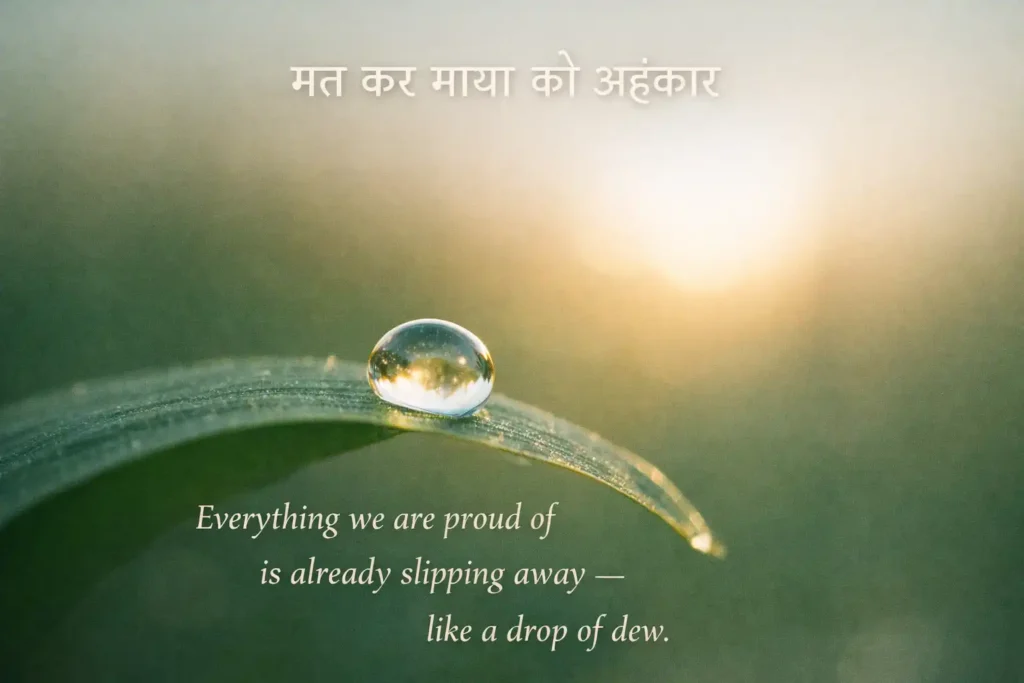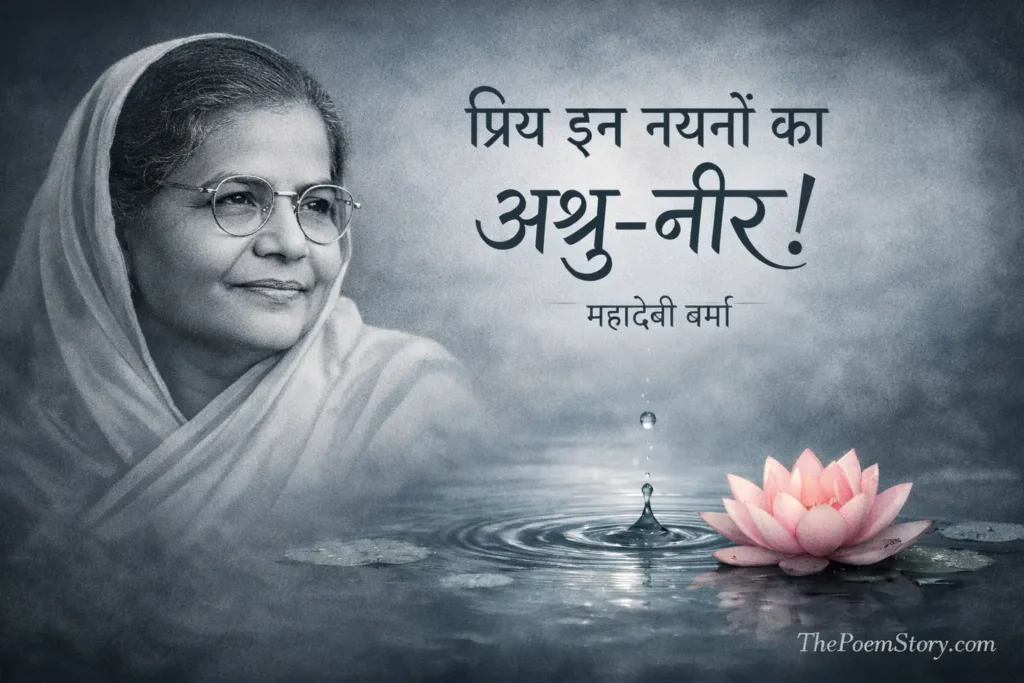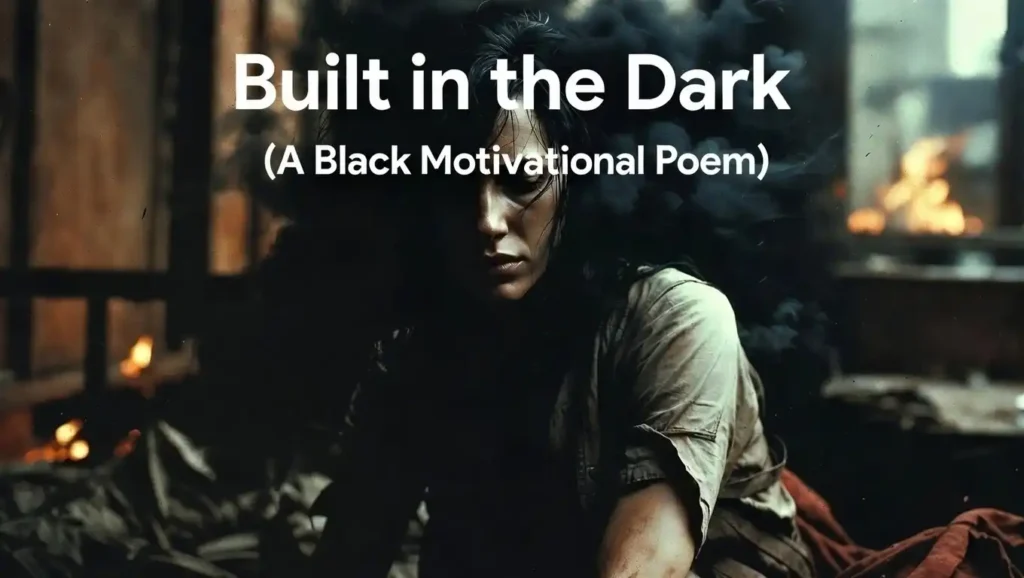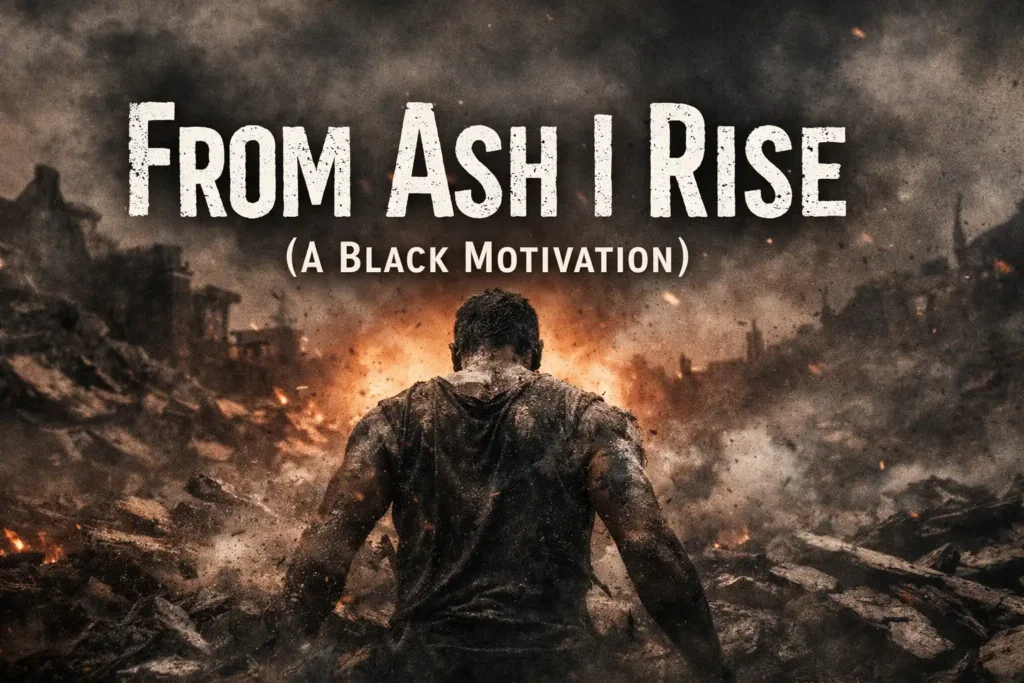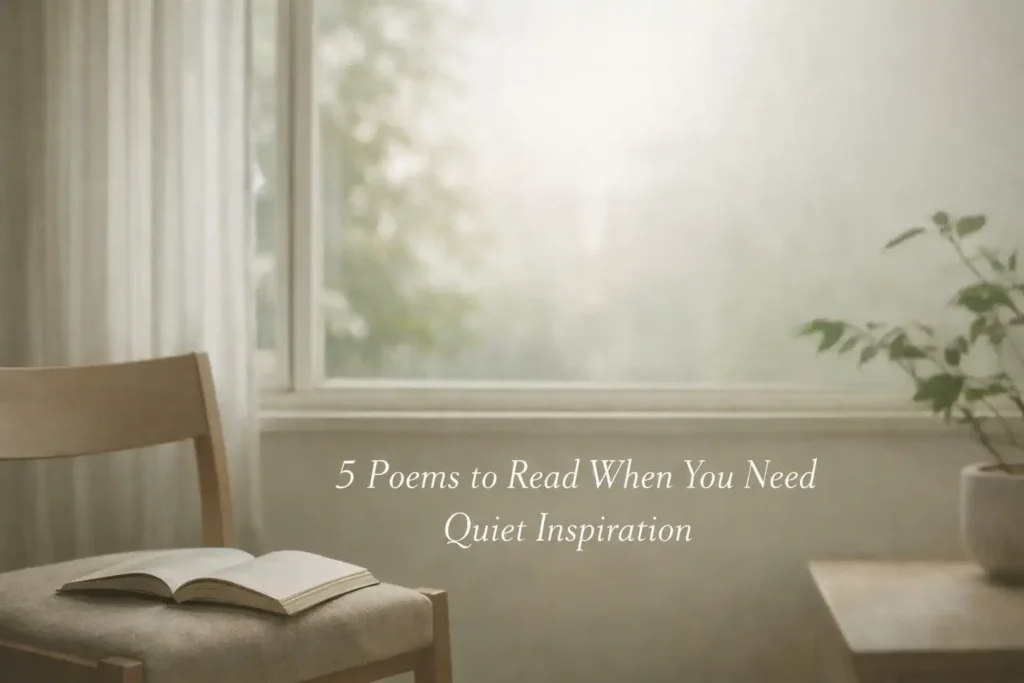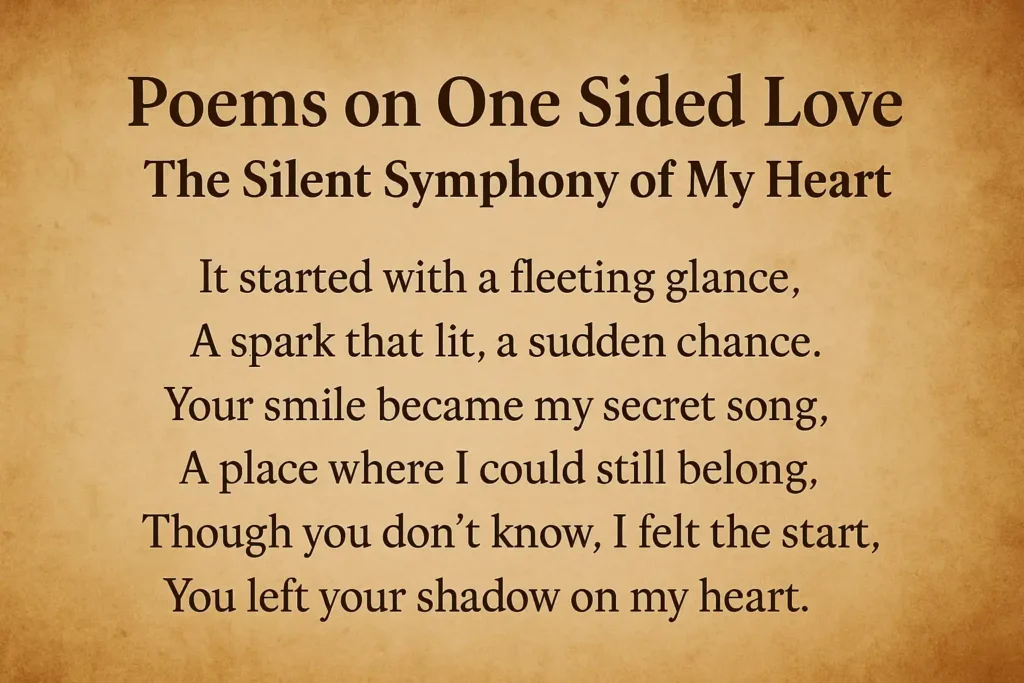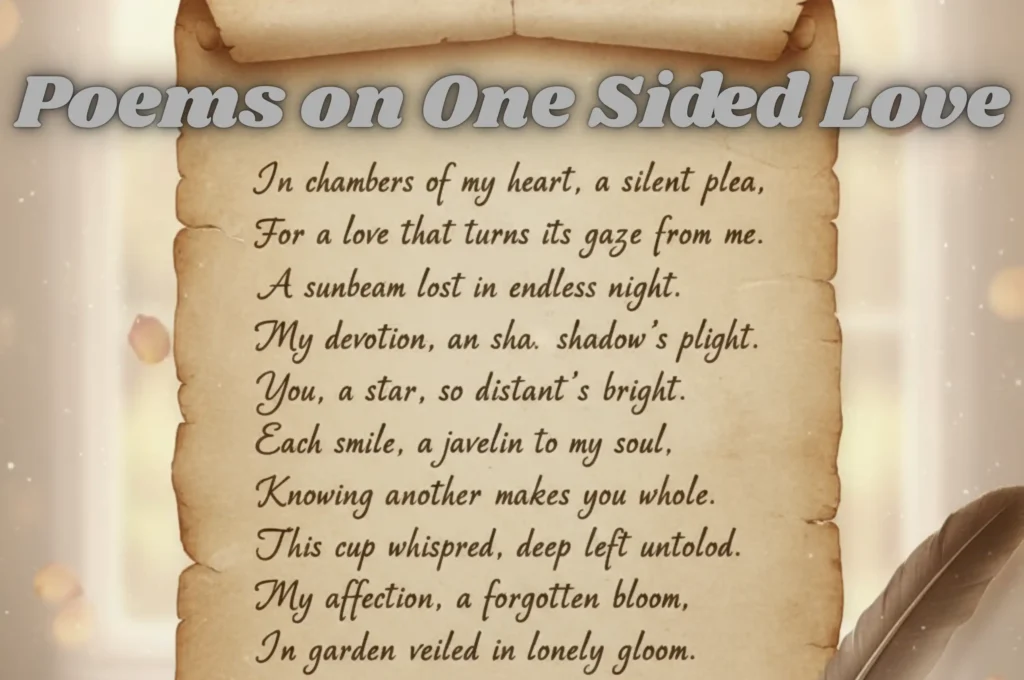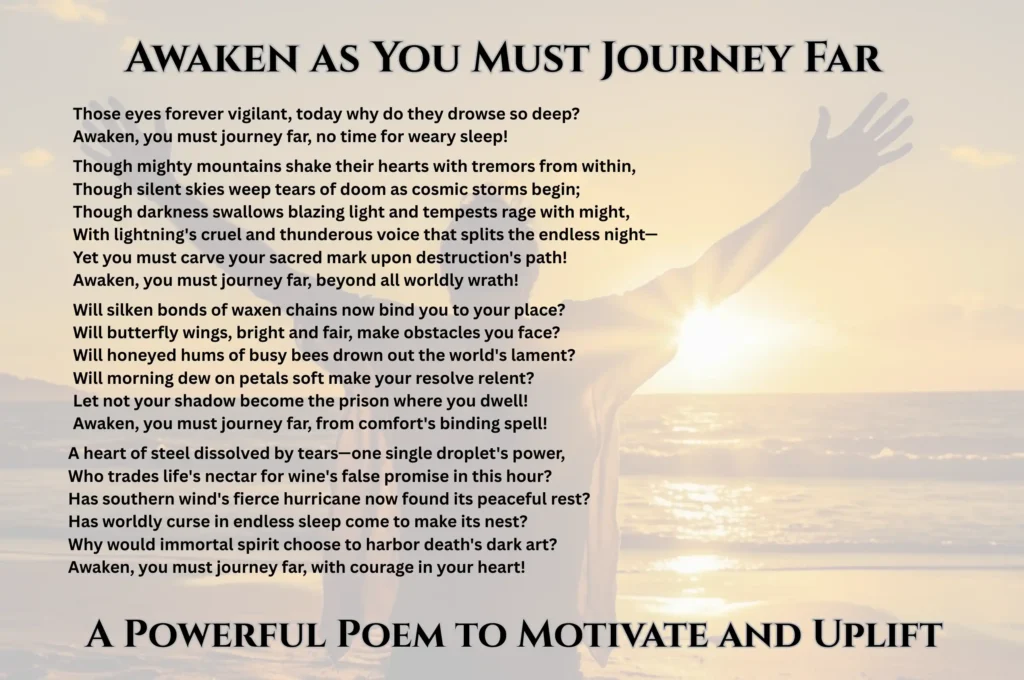“Freedom’s Plow” by Langston Hughes (Freedom’s Plow by Langston Hughes) is a powerful poem that explores the themes of labor, unity, democracy, and freedom in America. Written during the 1940s, this poem reflects Hughes’ belief in the American dream as a shared vision built by people of all backgrounds—free, enslaved, and immigrant. The poem traces the historical struggles and contributions of various groups, emphasizing their role in shaping the nation. Hughes draws from historical figures, key democratic principles, and the collective resilience of people to illustrate the ongoing journey toward equality and justice.
Explore: Poets and Poetry Page | Langston Hughes Biography | Poems by Langston Hughes | Famous Quotes by Langston Hughes

Table of Contents
Freedom’s Plow by Langston Hughes – Freedom’s Plow Poem
When a man starts out with nothing,
~ Freedom’s Plow by Langston Hughes
When a man starts out with his hands
Empty, but clean,
When a man starts to build a world,
He starts first with himself
And the faith that is in his heart-
The strength there,
The will there to build.
First in the heart is the dream-
Then the mind starts seeking a way.
His eyes look out on the world,
On the great wooded world,
On the rich soil of the world,
On the rivers of the world.
The eyes see there materials for building,
See the difficulties, too, and the obstacles.
The mind seeks a way to overcome these obstacles.
The hand seeks tools to cut the wood,
To till the soil, and harness the power of the waters.
Then the hand seeks other hands to help,
A community of hands to help-
Thus the dream becomes not one man’s dream alone,
But a community dream.
Not my dream alone, but our dream.
Not my world alone,
But your world and my world,
Belonging to all the hands who build.
A long time ago, but not too long ago,
Ships came from across the sea
Bringing the Pilgrims and prayer-makers,
Adventurers and booty seekers,
Free men and indentured servants,
Slave men and slave masters, all new-
To a new world, America!
With billowing sails the galleons came
Bringing men and dreams, women and dreams.
In little bands together,
Heart reaching out to heart,
Hand reaching out to hand,
They began to build our land.
Some were free hands
Seeking a greater freedom,
Some were indentured hands
Hoping to find their freedom,
Some were slave hands
Guarding in their hearts the seed of freedom,
But the word was there always:
Freedom.
Down into the earth went the plow
In the free hands and the slave hands,
In indentured hands and adventurous hands,
Turning the rich soil went the plow in many hands
That planted and harvested the food that fed
And the cotton that clothed America.
Clang against the trees went the ax into many hands
That hewed and shaped the rooftops of America.
Splash into the rivers and the seas went the boat-hulls
That moved and transported America.
Crack went the whips that drove the horses
Across the plains of America.
Free hands and slave hands,
Indentured hands, adventurous hands,
White hands and black hands
Held the plow handles,
Ax handles, hammer handles,
Launched the boats and whipped the horses
That fed and housed and moved America.
Thus together through labor,
All these hands made America.
Labor! Out of labor came villages
And the towns that grew cities.
Labor! Out of labor came the rowboats
And the sailboats and the steamboats,
Came the wagons, and the coaches,
Covered wagons, stage coaches,
Out of labor came the factories,
Came the foundries, came the railroads.
Came the marts and markets, shops and stores,
Came the mighty products moulded, manufactured,
Sold in shops, piled in warehouses,
Shipped the wide world over:
Out of labor-white hands and black hands-
Came the dream, the strength, the will,
And the way to build America.
Now it is Me here, and You there.
Now it’s Manhattan, Chicago,
Seattle, New Orleans,
Boston and El Paso-
Now it’s the U.S.A.
A long time ago, but not too long ago, a man said:
ALL MEN ARE CREATED EQUAL–
ENDOWED BY THEIR CREATOR
WITH CERTAIN UNALIENABLE RIGHTS–
AMONG THESE LIFE, LIBERTY
AND THE PURSUIT OF HAPPINESS.
His name was Jefferson. There were slaves then,
But in their hearts the slaves believed him, too,
And silently too for granted
That what he said was also meant for them.
It was a long time ago,
But not so long ago at that, Lincoln said:
NO MAN IS GOOD ENOUGH
TO GOVERN ANOTHER MAN
WITHOUT THAT OTHER’S CONSENT.
There were slaves then, too,
But in their hearts the slaves knew
What he said must be meant for every human being-
Else it had no meaning for anyone.
Then a man said:
BETTER TO DIE FREE
THAN TO LIVE SLAVES
He was a colored man who had been a slave
But had run away to freedom.
And the slaves knew
What Frederick Douglass said was true.
With John Brown at Harper’s Ferry, Negroes died.
John Brown was hung.
Before the Civil War, days were dark,
And nobody knew for sure
When freedom would triumph
“Or if it would,” thought some.
But others new it had to triumph.
In those dark days of slavery,
Guarding in their hearts the seed of freedom,
The slaves made up a song:
Keep Your Hand On The Plow! Hold On!
That song meant just what it said: Hold On!
Freedom will come!
Keep Your Hand On The Plow! Hold On!
Out of war it came, bloody and terrible!
But it came!
Some there were, as always,
Who doubted that the war would end right,
That the slaves would be free,
Or that the union would stand,
But now we know how it all came out.
Out of the darkest days for people and a nation,
We know now how it came out.
There was light when the battle clouds rolled away.
There was a great wooded land,
And men united as a nation.
America is a dream.
The poet says it was promises.
The people say it is promises-that will come true.
The people do not always say things out loud,
Nor write them down on paper.
The people often hold
Great thoughts in their deepest hearts
And sometimes only blunderingly express them,
Haltingly and stumblingly say them,
And faultily put them into practice.
The people do not always understand each other.
But there is, somewhere there,
Always the trying to understand,
And the trying to say,
“You are a man. Together we are building our land.”
America!
Land created in common,
Dream nourished in common,
Keep your hand on the plow! Hold on!
If the house is not yet finished,
Don’t be discouraged, builder!
If the fight is not yet won,
Don’t be weary, soldier!
The plan and the pattern is here,
Woven from the beginning
Into the warp and woof of America:
ALL MEN ARE CREATED EQUAL.
NO MAN IS GOOD ENOUGH
TO GOVERN ANOTHER MAN
WITHOUT HIS CONSENT.
BETTER DIE FREE,
THAN TO LIVE SLAVES.
Who said those things? Americans!
Who owns those words? America!
Who is America? You, me!
We are America!
To the enemy who would conquer us from without,
We say, NO!
To the enemy who would divide
And conquer us from within,
We say, NO!
FREEDOM!
BROTHERHOOD!
DEMOCRACY!
To all the enemies of these great words:
We say, NO!
A long time ago,
An enslaved people heading toward freedom
Made up a song:
Keep Your Hand On The Plow! Hold On!
The plow plowed a new furrow
Across the field of history.
Into that furrow the freedom seed was dropped.
From that seed a tree grew, is growing, will ever grow.
That tree is for everybody,
For all America, for all the world.
May its branches spread and shelter grow
Until all races and all peoples know its shade.
KEEP YOUR HAND ON THE PLOW! HOLD ON!
Explore: Poets and Poetry Page | Langston Hughes Biography | Poems by Langston Hughes | Famous Quotes by Langston Hughes
Summary of Freedom’s Plow Poem
The poem begins with an individual setting out with nothing but determination and a dream. Hughes emphasizes that all great endeavors start with a dream in the heart, which then seeks a way to manifest in reality. The poem then shifts to early American history, describing the arrival of European settlers, indentured servants, and enslaved people who collectively built America. Hughes acknowledges that both free and enslaved people contributed to shaping the country through labor, constructing towns, transportation, and industries.
As the poem progresses, Hughes references historical figures such as Thomas Jefferson, Abraham Lincoln, and Frederick Douglass, highlighting their contributions to the ideals of equality and freedom. He acknowledges the struggle of African Americans, who, despite oppression, held on to the hope of freedom. The Civil War is depicted as a turning point, bringing an end to slavery, yet the fight for true equality continues.
In the final section, Hughes presents America as a land still in the making, urging people to persist in their efforts for justice and democracy. He calls for unity and resistance against external and internal threats to freedom. The poem concludes with a powerful refrain: “Keep Your Hand On The Plow! Hold On!”—a symbolic call to continue striving for equality and progress.
Analysis of Freedom’s Plow Poem
1. Theme of Labor and Unity:
Hughes underscores the importance of labor in building America. He portrays America as a collective effort, where people from different racial and social backgrounds—immigrants, enslaved individuals, free workers—have contributed to its development. This labor serves as the foundation of the nation.
2. The American Dream and Democracy:
The poem reflects Hughes’ belief that America is built on democratic principles. He cites Jefferson’s Declaration of Independence and Lincoln’s vision of freedom, acknowledging that while these ideals were not always extended to everyone, they remain the foundation of the nation. Hughes presents democracy as an ongoing struggle rather than a finished achievement.
3. The Role of African Americans in America’s History:
Hughes highlights the unrecognized contributions of African Americans, emphasizing their forced labor and resilience. He references Frederick Douglass and the struggles of enslaved people who never lost sight of their hope for freedom. This perspective challenges traditional narratives that often overlook Black contributions to America’s development.
4. The Symbolism of the Plow:
The plow is a central symbol in the poem, representing labor, progress, and perseverance. Just as a plow turns the soil for new growth, the continuous fight for justice and equality lays the groundwork for a better future. The refrain “Keep Your Hand On The Plow! Hold On!” reinforces the idea that the struggle for freedom is ongoing.
5. Hope and Call to Action:
Despite acknowledging oppression and hardship, Hughes’ poem carries a hopeful tone. He urges readers to persist in the fight for justice, unity, and democracy. The poem ends with an inclusive message—that America belongs to all its people, and its promises must be fulfilled for everyone.
Explore: Poets and Poetry Page | Langston Hughes Biography | Poems by Langston Hughes | Famous Quotes by Langston Hughes
Conclusion
“Freedom’s Plow” is a powerful poetic reflection on America’s history, struggles, and aspirations. Hughes masterfully weaves together history, labor, and democracy to show that freedom is not a gift but a result of continuous effort. Through vivid imagery and historical references, the poem reminds readers that the fight for justice and equality is ongoing, and it is up to the people to uphold the ideals of democracy. The final refrain serves as both a reminder and a call to action—keep pushing forward, keep believing in freedom, and keep your hand on the plow.
Explore: Poets and Poetry Page | Langston Hughes Biography | Poems by Langston Hughes | Famous Quotes by Langston Hughes
Explore our Literature YouTube Channels:
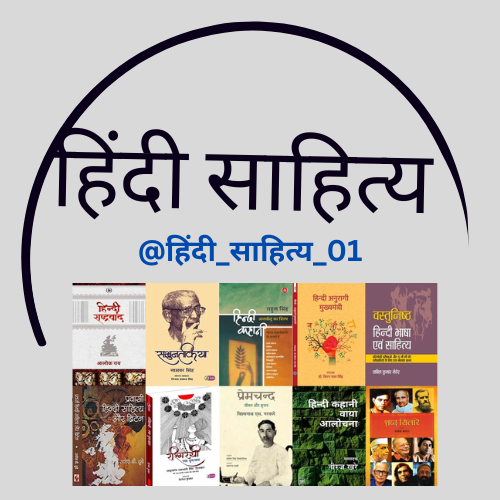
YouTube Channel Link:

YouTube Channel Link:

YouTube Channel Link:
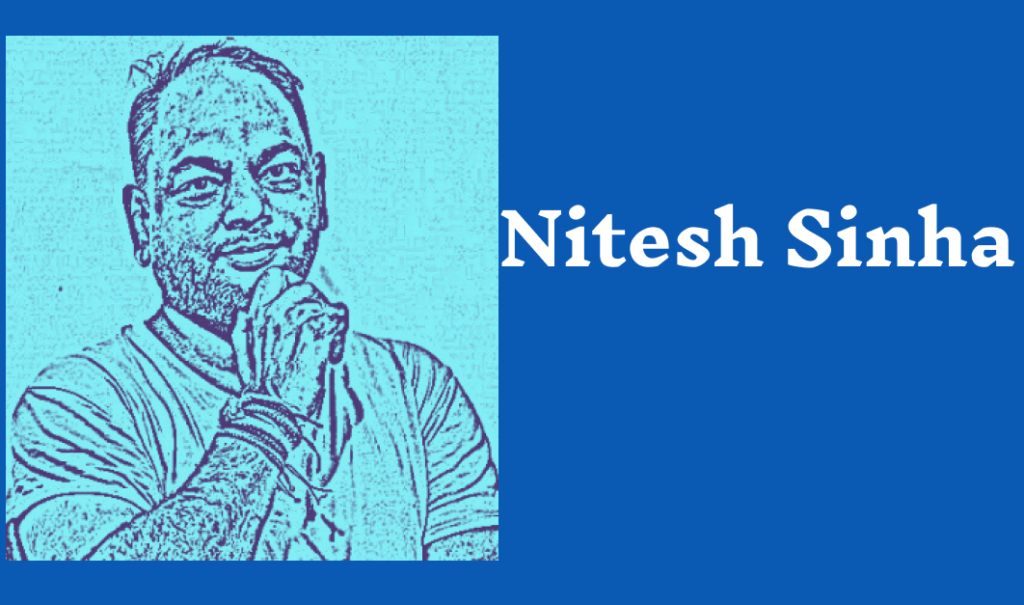
YouTube Channel Link
